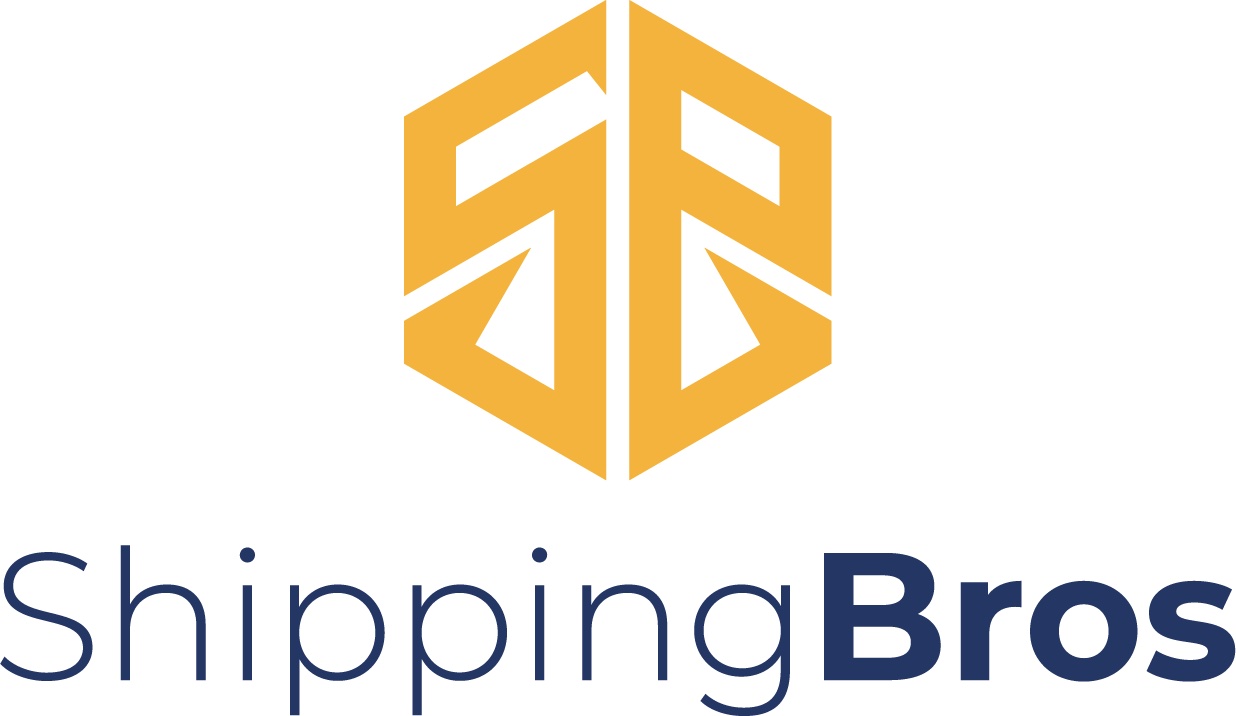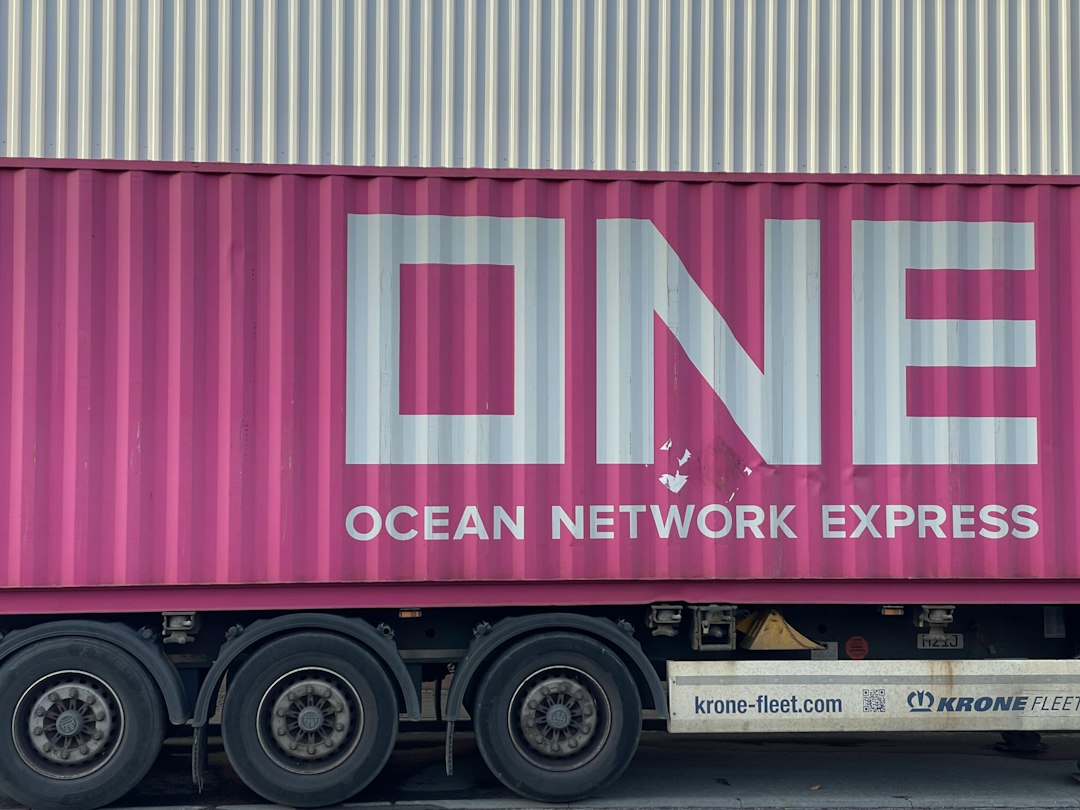Understanding the Role of Incoterms in International Shipping
In today’s globalized world, international trade has become an essential part of many businesses. With the rise of Ecommerce fulfillment, the need for efficient and reliable international shipping has never been greater. One crucial aspect of international shipping that both buyers and sellers need to fully comprehend is the role of Incoterms.
Incoterms, short for International Commercial Terms, are a set of internationally recognized rules that define the responsibilities and obligations of buyers and sellers in international contracts. Created by the International Chamber of Commerce (ICC), Incoterms provide a common language for international trade, ensuring clarity and minimizing the risk of misunderstandings or disputes.
When it comes to ecommerce fulfillment, Incoterms play a pivotal role in determining the division of costs, risks, and responsibilities between buyers and sellers. By using specific Incoterms, both parties can clearly understand who is responsible for the delivery, insurance, customs clearance, and other essential aspects of the international shipping process.
For instance, let’s consider the popular Incoterm “Free on Board” (FOB). Under FOB, the seller is responsible for delivering the goods to the named port or place of shipment, and the buyer takes charge of all subsequent costs and risks. In an ecommerce fulfillment context, this means that once the seller delivers the goods to the agreed-upon port, the buyer bears the responsibility of shipping the products to their final destination.
Alternatively, the Incoterm “Delivered at Place” (DAP) places the responsibility on the seller to deliver the goods to the buyer’s chosen destination, handling all costs and risks associated with transportation. In this case, the buyer simply awaits the arrival of the goods at the designated location, without worrying about shipping or customs procedures.
By understanding and selecting the appropriate Incoterms for their ecommerce fulfillment operations, businesses can effectively manage costs, mitigate risks, and ensure a smooth international shipping process. This knowledge not only benefits businesses directly involved in international trade but also intermediaries such as freight forwarders and logistics providers, who can offer tailored solutions knowing the specific Incoterms agreed upon by the buyer and seller.
Moreover, understanding Incoterms is crucial for businesses seeking to expand their ecommerce fulfillment services globally. By familiarizing themselves with the various Incoterms and their implications, companies can confidently engage in cross-border transactions, provide accurate cost estimates, and maintain transparent relationships with their international customers.
In conclusion, Incoterms are an indispensable tool for understanding the division of responsibilities, costs, and risks in international shipping. For businesses involved in ecommerce fulfillment, a comprehensive understanding of Incoterms is vital to ensure the efficient and successful delivery of goods worldwide. By mastering Incoterms, companies can confidently navigate the complexities of international trade and foster fruitful relationships with global partners.
************
Want to get more details?
Shipping Bros
https://www.shippingbros.com/
Shipping Bros warehouses, preps, and ships goods for people who sell products online.

